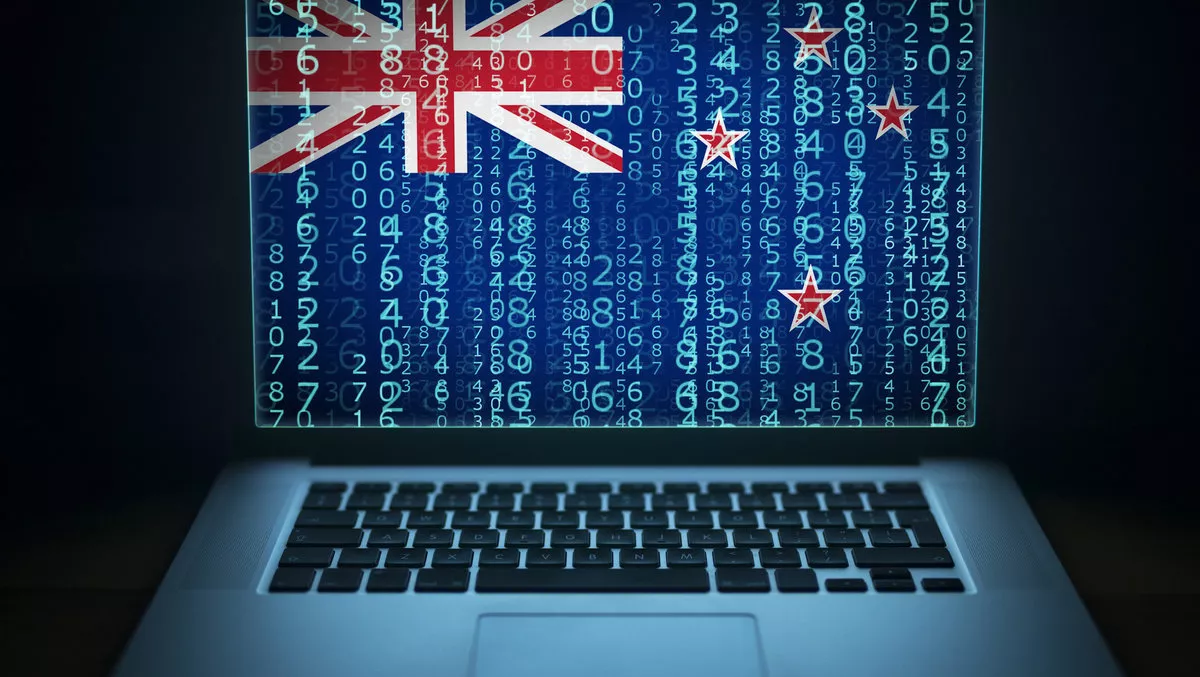
Govt invests $8m into refreshed Cyber Security Strategy
The Government has refreshed its approach to New Zealand's cybersecurity, with more focus on partnerships, funding, and international participation.
Minister of Broadcasting, Communications and Digital Kris Faafoi announced the release of New Zealand's Cyber Security Strategy 2019, which maps out government initiatives to keep government, business, and consumers as safe as possible from cyber threats.
The strategy, which will receive $8 million in funding over the next four years, was created around four separate values: Partnerships are crucial; people are secure and human rights are respected online; economic growth is enhanced, and national security is protected.
"The most important of which in my view is "partnerships are crucial" because neither Government nor the private sector can do it alone. We have to work together to keep individuals, businesses, community organisations and the private sector to thrive online," says Faafoi.
In order to do this, the Government set five key priority areas that can improve cybersecurity. These include cybersecurity-aware and active citizens; a strong and capable cybersecurity workforce and ecosystem; a resilient and responsive New Zealand; a proactive approach to tackling cybercrime; and an internationally active New Zealand.
The responsible Minister will release a public annual report on progress under each of the priority areas.
As part of the strategy, New Zealand's Computer Emergency Response Team (CERT NZ) will receive a $9.3 million funding boost.
CERT NZ has been instrumental in tracking and documenting threats against New Zealand businesses and individuals, as well as working with international organisations to advise those who have been victimised by cyber attacks.
The strategy highlights key figures from CERT NZ, such as the total loss ($14.1 million) from cybersecurity incidents. In 2018, it received 3445 incident reports.
"As part of the Wellbeing Budget, the Government has funded a number of new or expanded initiatives to keep new Zealanders cyber secure and build a secure digital nation. Two initiatives that directly support the new Cyber Security Strategy are funding to address emerging priorities and increased funding for CERT NZ to address growing demand for its services," says Faafoi.
Government cybersecurity organisations also include the Government Communications Security Bureau (GCSB)'s CORTEX security programme, and the introduction of more cybercrime training for New Zealand Police.
The strategy briefly explains security threats facing New Zealand, including the WannaCry ransomware attacks in May 2017.
"In December 2017, New Zealand publicly highlighted its close partners' attribution of the attack to North Korea. The United States has subsequently charged a North Korean hacker in connection with this attack," the strategy says.
It also points out that social engineering is a serious threat to organisations – and one of the most commonly used tactics by cybercriminals.
"It is important to stress that a focus on cybersecurity is critical across society and the economy. This is why the strategy also sets out the Government's priorities on cybercrime and how New Zealand will continue to champion a free, open and secure internet internationally."
The Cyber Security Strategy 2019 updates the previous strategy document, which was released in 2015.


